Published
- 08:00 am
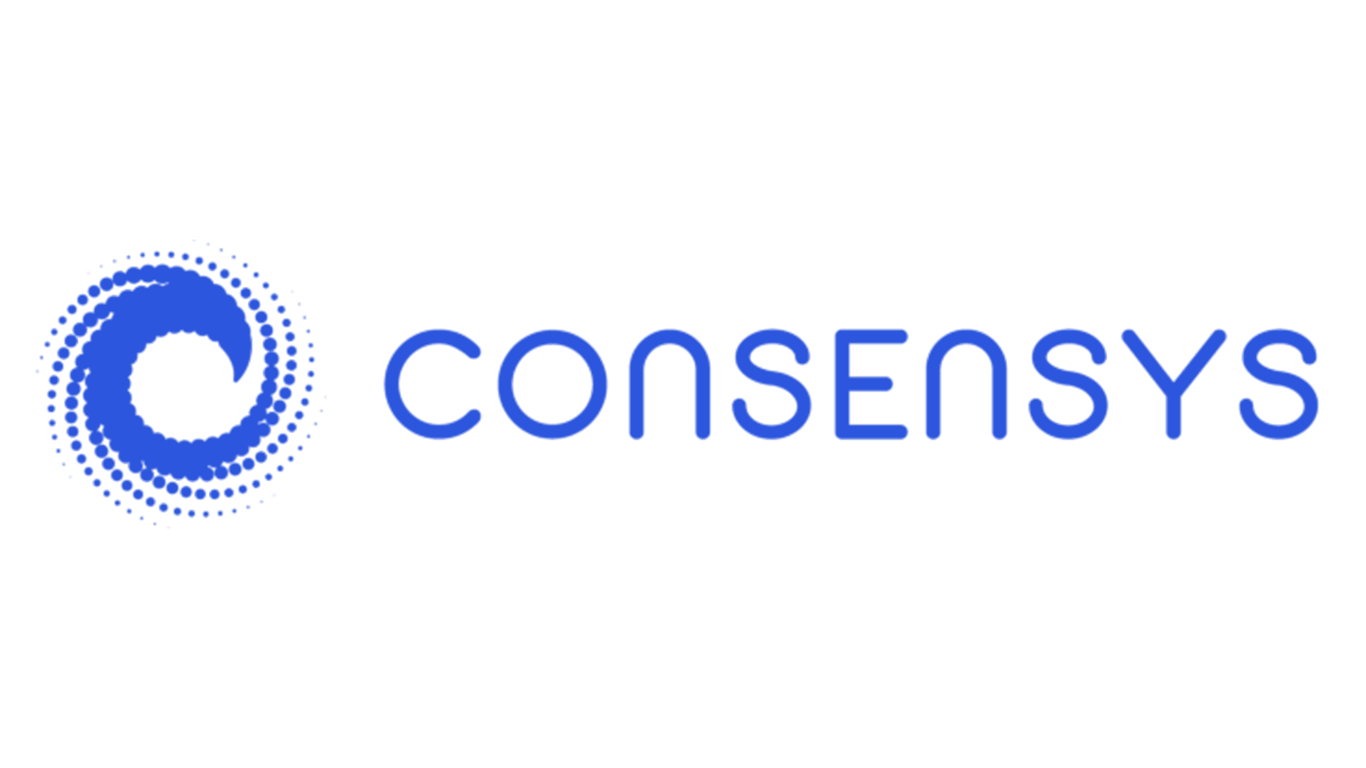
Today, MetaMask Institutional, the web3 wallet for organizations developed by ConsenSys, and the first multi-custodial institutional web3 offering on the market, launched its institutional staking marketplace in partnership with Allnodes, Blockdaemon, and Kiln. The marketplace will also leverage ConsenSys’ own technology with ConsenSys Staking (formerly Codefi Staking). This first-of-its-kind platform is designed to simplify and provide unrivaled access to institutional staking. The nuances and complexity of institutional staking can deter companies looking to participate. MetaMask Institutional’s marketplace will level the playing field by bringing together these best-in-class partners to provide institutions with a simple one-click staking experience.
Choosing the right vendor for institutional staking can be complicated due to the differences in the fees charged, terms and conditions, rebates, and reporting standards. In addition, various staking providers offer different benefits to institutions, ranging from differences in infrastructure (multi-cloud, multi-region, and multi-client) to certifications (SOC2 Type 2 and ISO 27001). MetaMask Institutional’s staking marketplace will reduce this complexity by streamlining access to top-tier staking providers; offering standardized terms and conditions, institutional-grade reporting; and a simplified staking experience—to facilitate broader institutional web3 participation.
Staking promises to be an increasingly crucial foundation of the crypto industry. In September 2022, the Ethereum Merge delivered several significant improvements, including transitioning the world’s second-largest cryptocurrency (ETH) from Proof-of-Work to Proof-of-Stake and reducing the network’s carbon footprint by 99.95%. The upcoming Shanghai/Capella Upgrade is expected in March/April 2023 and will enable withdrawals of staked ETH. Since the Merge, the total amount of staked ETH has grown by 4 million, reaching a current total of approximately 17.7 million. In anticipation of the upgrade, Ethereum staking could experience a further surge in institutional adoption as it will offer greater flexibility and control over assets.
This marketplace launch comes just two months after MetaMask launched staking functionality for users, marking a significant step forward in the platform's offerings for individual and institutional investors.
“The Ethereum Merge last year was one of the most profound accomplishments in the history of Crypto—resulting in increased economic security, reduced energy costs, and client diversity. With withdrawals coming soon, we believe institutional demand to secure the world's computer will surge. We are delighted to work with these ‘best-in-breed’ staking partners. We believe MetaMask Institutional can play a unique role in providing unrivaled and seamless staking access to all organizations,” said MetaMask Institutional Product Lead Johann Bornman.
On the side of staking service providers—Engaging with institutions requires multiple custodial integrations. It also means institutions are bound by the provider their custodian has chosen. However, MetaMask Institutional today is integrated with 11 custody and self-custody platforms globally. This allows institutions seamless and unrivaled access to staking providers.
"We are excited to announce our collaboration with ConsenSys to launch the world's first institutional staking marketplace on MetaMask Institutional,” said Konstantin Boyko-Romanovsky, CEO and founder of Allnodes. “By leveraging our resilient and high-performance node infrastructure with ConsenSys's intuitive user interface, institution-grade security, and extensive range of services, we aim to bring more people into the space and drive the growth of the Web3 ecosystem.”
“Blockdaemon is committed to securely connecting institutions to crypto and DeFi with ever-increasing ease and simplicity. Metamask's new Institutional Marketplace is an excellent way to experience how automated protocol solutions can incentivize institutions to participate in securing the Ethereum network," said Konstantin Richter, Blockdaemon Founder and CEO. "We couldn’t be prouder to be one of the partners to bring Metamask’s Institutional Marketplace to life."
“Our mission at Kiln is to make enterprise-grade staking seamless and secure for everyone. We are delighted to integrate Kiln’s ETH staking platform with MetaMask Institutional’s product and network. This integration allows enterprise customers worldwide to help secure the Ethereum network and be rewarded for it. It’s a great milestone to meet an ever-increasing demand as the Shanghai upgrade approaches.” Laszlo Szabo, co-founder and CEO of Kiln
In addition to the marketplace, MetaMask Institutional is introducing a more powerful Web3 Portfolio Dashboard, offering a range of cutting-edge tools that will enable organizations to better manage how they interact with web3. MetaMask Institutional’s Web3 Portfolio dashboard will offer institutional controls, portfolio management, digital asset monitoring, and transaction reporting, all in one place. These new features will go-live on March 27th.
With these features, organizations will be able to swap across different EVM chains. The platform also allows for digital asset monitoring, including profit & loss and performance attribution for all ERC-20 tokens and the ten most prominent DeFi protocols. It also allows tracking NFTs and bundle accounts to manage portfolios across team members and organizations. Additionally, the platform's advanced transaction classification and reporting features provide detailed information on holdings and transactions, making it easy for users to reconcile their transaction history with their fund admins. Finally, the platform's institutional controls, including multi-custodial organization and user management, enables organizations to automate onboarding, see organization-wide portfolio views, and transact as a team, providing unparalleled convenience and flexibility to institutional investors.
For more information on MetaMask Institutional's institutional staking marketplace and web3 portfolio dashboard, interested parties can request access to the platform here.
Related News
- 09:00 am
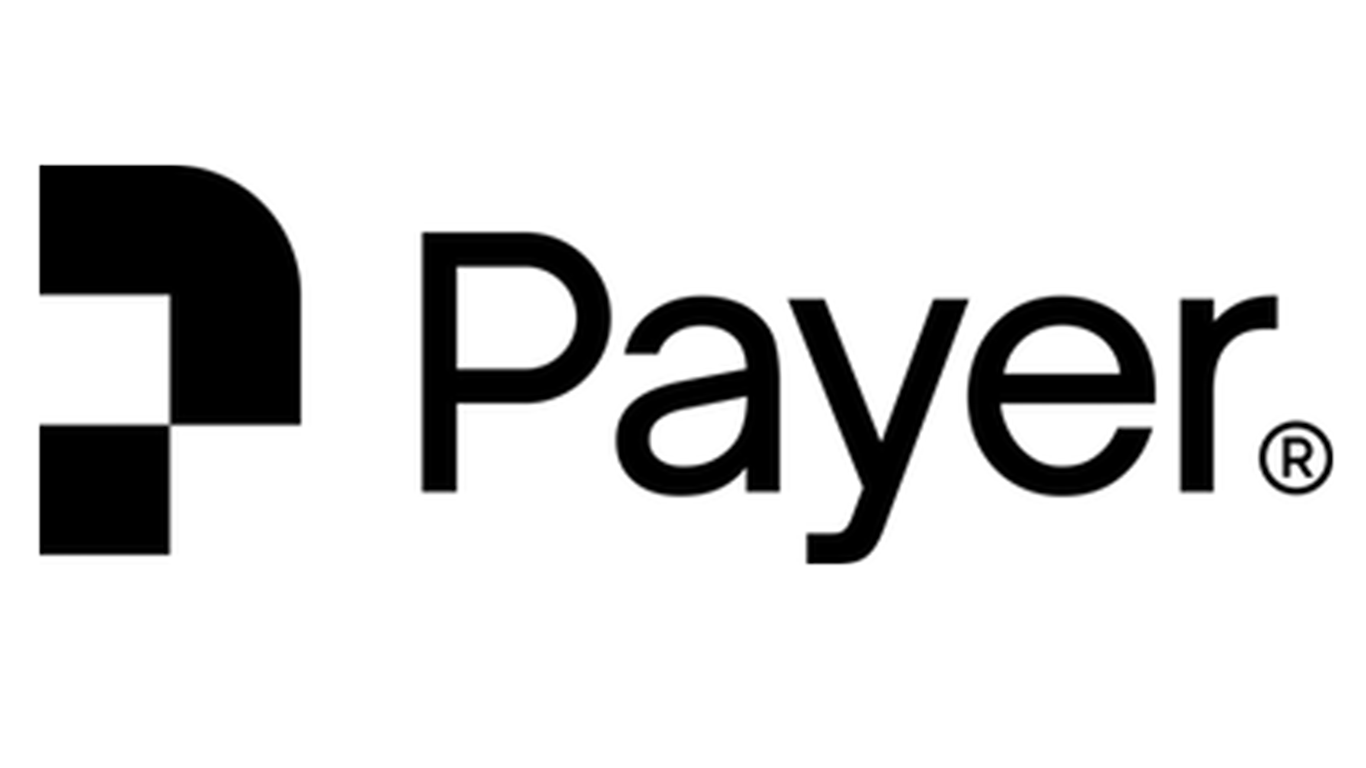
Payer, the Swedish fintech scaleup that specialises in European B2B payments, today announces its launch of open banking payments for B2B in Sweden.
The announcement comes at a time when open banking has already disrupted the consumer space. Its adoption has significantly grown globally and reached critical mass in Europe. Today it is commonplace for consumers to use open banking payments while handling bill payments or at the checkout of an e-commerce store. However, the B2B space has been widely underserved until now.
Peder Berge, CEO of Payer, comments: “Payer saw an enormous opportunity for open banking payments in B2B. We believe it has an even greater potential for disruption than in the consumer space with a wide range of use cases that solves specific pain points that businesses know all too well. Helping merchants implement the right payment mix is critical otherwise they will be stuck with something that is either too expensive, causes friction for the end-user or results in costly administrative headaches for the back office teams.”
Payer’s vision to serve businesses with the latest technology, is one step closer with the launch of open banking B2B payments. The company is entering into a new space taking care of the payment initiation via open banking APIs, while developing an end-to-end solution that helps businesses to capture payments, with full reconciliation and settlement, giving the merchant full visibility of the payment status in real-time.
Berge, continues: “Knowing exactly when the money has been captured has been a challenge that typical open banking providers have not been able to solve. The solution we have designed makes a huge difference to businesses that now know with certainty that the goods can be safely dispatched.“
While there are clear gains for the seller, the end-user can also enjoy the benefits from its simplicity and security. Now buyers can complete the payment with ease, having prefilled payment information and the same authentication method they would normally use with their bank, eliminating manual errors and friction that results in better conversion and user experience.
Related News
- 02:00 am

Many companies struggle to implement and integrate a bunch of different solutions covering different parts of the IDV process. In fact, according to Regula’s survey, 40% of organizations cite this overly complex technical environment as the largest constraint to deploying IDV solutions. Additionally, 38% of respondents expressed concern over the cost of maintaining and managing such an extensive set of technologies.
To help businesses troubleshoot this problem, Regula has updated its IDV products for document and biometric verification, Regula Document Reader SDK and Regula Face SDK.
A one-stop-shop for the whole identity proofing process. Regula’s solutions are now natively integrated, allowing organizations to enjoy quicker and simpler implementation of a comprehensive identity verification process. Paired with Regula Document Reader SDK, Regula Face SDK verifies a selfie against a photo from an ID matching the printed portrait, RFID chip photo, selfie uploaded via web or mobile device, and a portrait from an external database to ensure the person is the same in all the different photos. Moreover, the technology compares a ghost photo and a photo (captured by readers) that is visible in UV light with the holder’s photo from the ID to prove the document's authenticity. As a result, a business can take advantage of a more frictionless and efficient identity-proofing process with all its parts covered by a single vendor.
The most comprehensive set of authenticity checks. Besides streamlining deployment of the IDV process, the recent update of the Regula solutions also extends the number and variety of document and biometric checks. And this is another response to the market demand: according to Regula’s survey, every fourth organization considers it important to have a large variety of document authenticity checks in an IDV solution.
Regula has always offered the most comprehensive set of document verification checks, from automatic document type and specific series recognition to the most precise and trustworthy NFC-based verification of electronic identity documents. Addressing “zero-trust-to-mobile” risks, Regula Document Reader SDK allows supplemental reverification of electronic chips by processing results on a server and thus eliminating the risk of missing a tampered ID.
Now, Regula Document Reader SDK adds to this extensive verification the ability to automatically detect whether the photo has been manipulated in the original document using various techniques. Based on knowledge gained from diverse identity document templates, the solution verifies the number of faces present on the document and their exact position, including specific face landmarks where applicable. Also, face absence is verified in specific zones of the document––the solution checks that it isn’t present where it should not be.
The ability to handle the most complete set of identity checks within one interaction allows businesses to access a broader range of cross-checks. On the one hand, it makes data reading and entry more readily available and facilitates the process of comprehensive identity verification. But what is more important, such an approach helps spot and fight fraud more efficiently––cross-checks ensure that no illegal alterations of identity may be overlooked.
Speed of verification. With Regula's improved interaction for biometric checks, businesses can now obtain verification results within just a couple of seconds, enhancing the speed and efficiency of the whole identity verification process.
“Our survey has shown that the vast majority of businesses, 93%, consider online identity verification important in recognizing fraud for their organizations. It definitely is, but the effectiveness of fraud prevention strongly depends on the quality and quantity of IDV solutions and their components. The more separate technologies and products that need special configuration there are, the more chances that some parts of the IDV process could be neglected. That is why we’re also witnessing a strong demand for a single-vendor solution when it comes to identity verification. The one-stop shop approach gives more control and assurance of the process, so we develop our solutions to be in line with this tendency and to empower our customers with the highest possible standards of identity verification,” says Ihar Kliashchou, Chief Technical Officer at Regula.
Related News
- 07:00 am
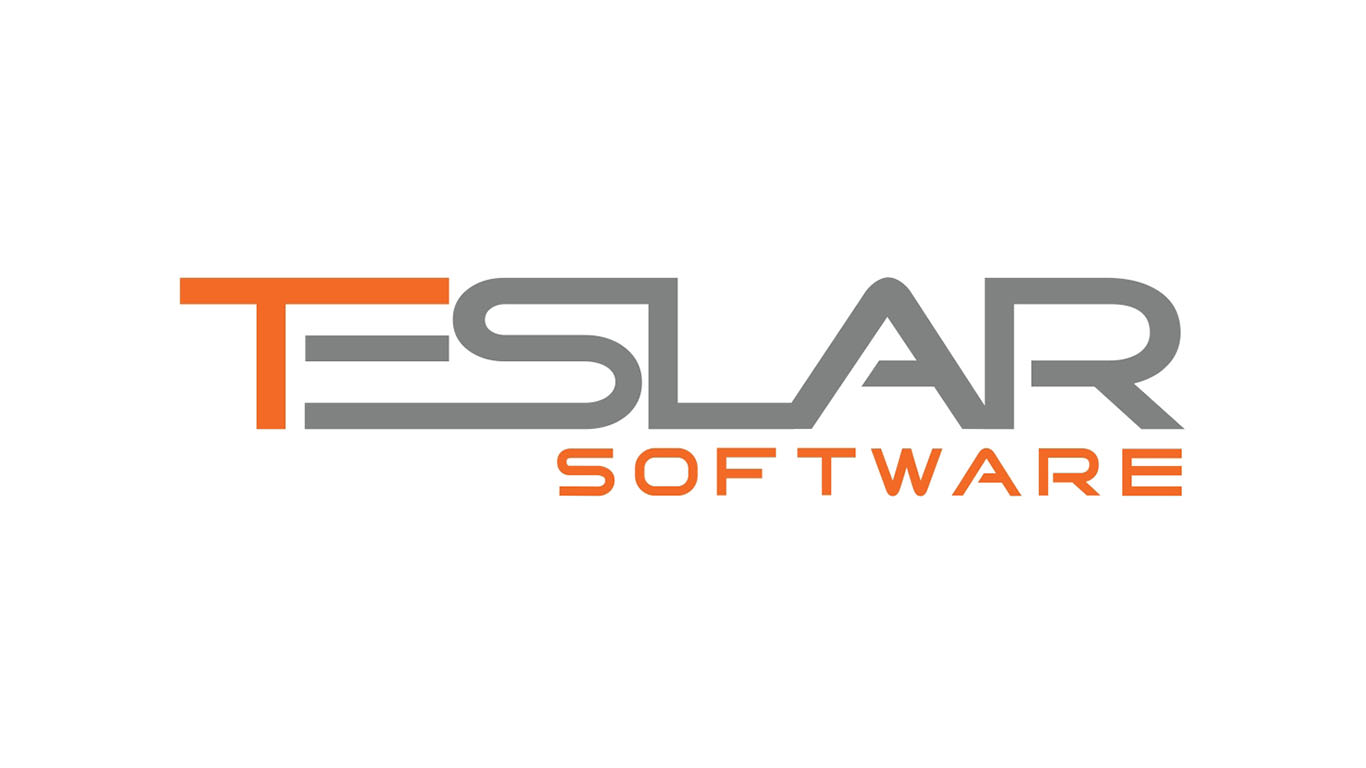
Merchants National Bank and Teslar Software today announced their partnership to streamline the bank’s lending processes, replacing manual tasks with robust automated workflows and supporting strategic growth efforts.
“As we’ve continued to grow, recently crossing the $1 billion dollar threshold, it was clear that Excel spreadsheets and largely manual processes would no longer fit our evolving needs,” said Linda Smith, VP and head of credit administration at Merchants National Bank. “Teslar solves these pain points, incorporating sophisticated technology and automation to save time and reduce the risk of human error. We are confident that the efficiencies gained through Teslar will support us as we enter new markets.”
Merchants National Bank has a diverse loan portfolio, offering commercial, real estate and agricultural lending. With Teslar, the bank will gain more transparency into their portfolio to understand the status of individual loans quickly and easily. Teslar will also reduce time that is spent on reporting and tracking exceptions, freeing employees to focus more on strategic initiatives.
“Merchants National Bank has prioritized the needs of local customers and businesses for over 144 years, and we look forward to supporting the bank as they optimize their lending process,” said Joe Ehrhardt, CEO and founder of Teslar Software. “We are excited to partner with them to help create efficiencies and maintain a close pulse on borrower needs and opportunities as they grow.”
Related News
- 09:00 am
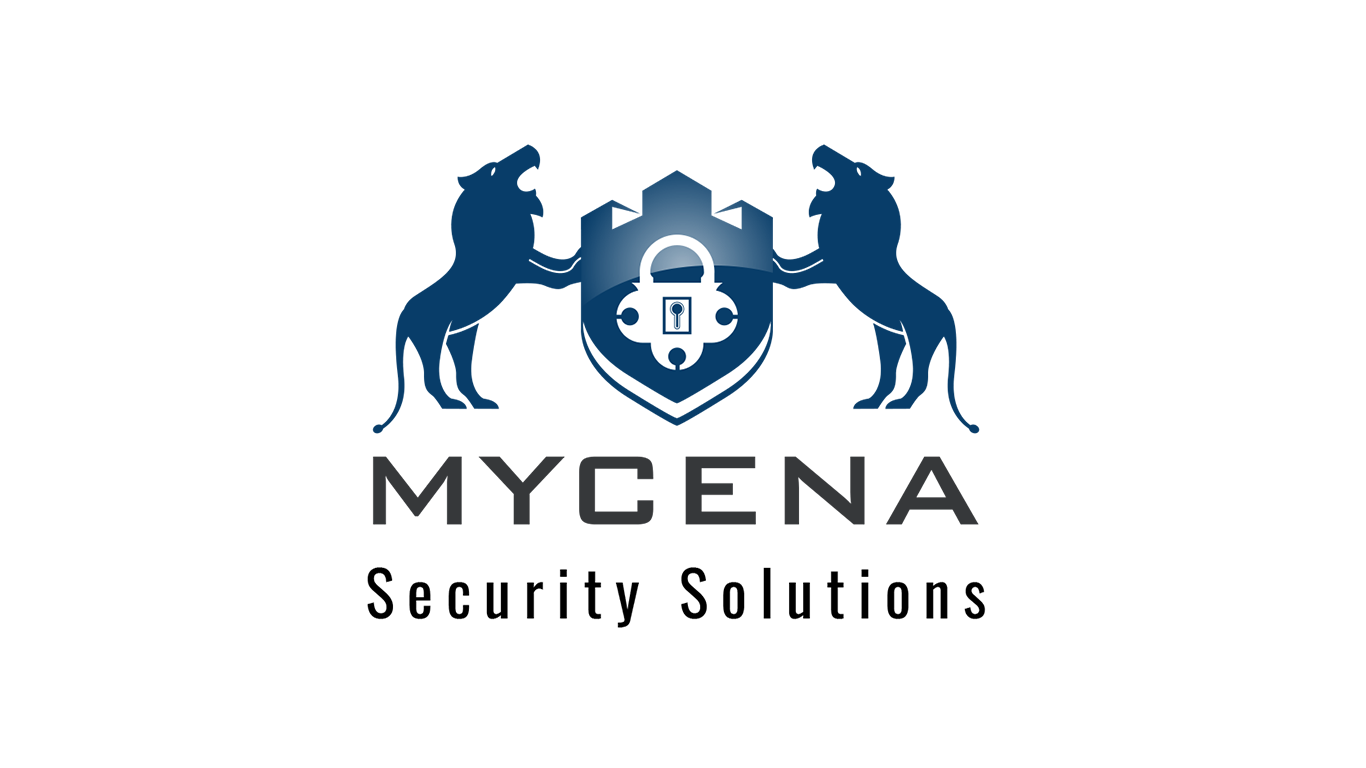
MyCena Security Solutions, the pioneer and leader in Access Segmentation and Encryption Management (ASEM), today announced the addition of a new feature to its MyCena Desk Center (MDC) platform, designed to stop credentials theft, fraud and social engineering in call centers, Business Process Outsourcing (BPOs) and customer service centers.
Customer service operations are a prime target for cybercriminals because they open the doors to millions of customers’ data as their huge workforce use multiple passwords to access various customer systems. Currently managers at call centers, BPO and customer service centers give agents their passwords in clear text. The problem is once agents know the passwords, the organization no longer controls the life of those passwords, and these can be shared, sold, lost, social-engineered or phished without them knowing.
This is a challenge all employees face today. As organisations increased their digitalisation, responsibility for security was shifted to employees, who are not trained security professionals and get the blame for being the weakest link in security.
MyCena’s new solution addresses this massive challenge, as it removes security from the hands of employees and places it back in the hands of business leaders – where it belongs. MyCena’s latest feature allows operation managers to generate, manage and distribute encrypted passwords to all their agents, without the agents ever seeing, typing or knowing any of their passwords.
Without any infrastructure change, the solution can be deployed quickly for all agents to receive all the encrypted credentials they need to work. Once setup, the agents open their MyCena Desk Center application, a multi-layered (Bronze, Silver or Gold) secure digital fortress, find the encrypted passwords and click on any password to transport it encrypted into the system they want to access.
The solution makes targeting agents irrelevant for scammers, phishers and criminals. As agents no longer see or know the passwords to access data, they cannot write, type or share them by mistake or by intent, which significantly strengthens cybersecurity and data protection at the customer service center, as well as for their customers and their customers’ end-users. It also helps to prevent fraud incidents and subsequent penalties for customer service centers.
Since passwords are not known, organizations can segment access for each system and generate a strong unique password for each user access. The access segmentation helps protect against lateral movement, contain potential supply-chain breaches, and remove the threat of ransomware attacks. It also prevents business interruptions, cyber breach repair costs, legal costs, damages, penalty payments, fines, and reputational damage from large scale attacks.
As there are no more passwords to remember and forget, organizations eliminate the problem and cost of password resets, which helps to reduce IT helpdesk costs and downtime. It also reduces “forgot my password” absenteeism, improves employee productivity and helps to hit service level targets and reduce SLA penalty payments. And since employees and agents are no longer in charge of their login credentials, organizations also remove the need and budget for password hygiene and password phishing training, relieve the mental burden on employees and agents to remember their passwords, and help to foster staff morale and motivation. The platform is available in four languages: English, French, Portuguese and Spanish.
“Call centers hold a treasure trove of passwords that open sensitive information at their customers’ end, and these credentials are easily leaked by error or intention. This is a huge supply chain security risk for call centers as any breach can spread across their customers systems thereafter. This problem can be fixed using our Access Segmentation and Encryption Management solution, which allows companies to control of all their access keys and passwords and distribute encrypted strong independent passwords for all systems to their employees. MyCena’s new preloaded user access kit allows call centers, BPOs and customer service operations to implement Access Segmentation and Encryption Management at scale for all their agents worldwide. Using our new feature, call center agents no longer need to memorise or write down passwords, as they can simply log in to the MyCena Desk Center application to access everything they need,” said Julia O’Toole, CEO of MyCena Security Solutions.
In addition to direct cost savings, operational and security benefits, MyCena also helps organizations meet new regulatory and insurance demands. Regulators worldwide are increasing their scrutiny of companies for compliance with data privacy laws and duty of care obligations, making regulatory compliance essential. They are now looking closely at access control, given that if companies don’t control their access credentials, they don’t control their data, and are therefore technically liable to fines of up to 4% of their global turnover under GDPR.
Meanwhile, the insurance industry is also moving towards integrating cyber and business insurance, a policy shift that will require businesses to implement access segmentation and encryption to secure a dependable insurance coverage.
MyCena was the first cybersecurity company to identify the two key logic errors companies make internally that started the cycle of data breaches. First, companies allow each employee to make their own passwords to access their systems and data. Having given away control of access, they don’t know when passwords are phished, social engineered, shared, sold or reused in personal accounts. The majority of breaches - over 82% - use employees’ login credentials. That means 4 out of 5 breaches aren’t recognised as external threats by threat intelligence and detection tools, so they are completely missed.
Second, companies compound their risks by centralizing all their system access behind a single employee-made master password or biometric. Therefore, they remove existing defence access layers and crucially decrease their cyber-resilience. This allows criminals to log in, use lateral movement and privilege escalation to carry out entire network takeovers and launch ransomware attacks in a matter of hours.
MyCena’s unique patented technology solves these two key logic errors. It helps organizations generate and distribute strong independent encrypted passwords for all their systems to all their employees. Encrypted from end to end, organizations always stay in command of their own access. This removes access control from employees’ hands as they don’t make, see or know any credentials, which then can’t be stolen, phished or lost. At the same time, access segmentation stops criminals from roaming inside networks and accessing large swathes of data, which effectively kills ransomware.
Related News
- 01:00 am
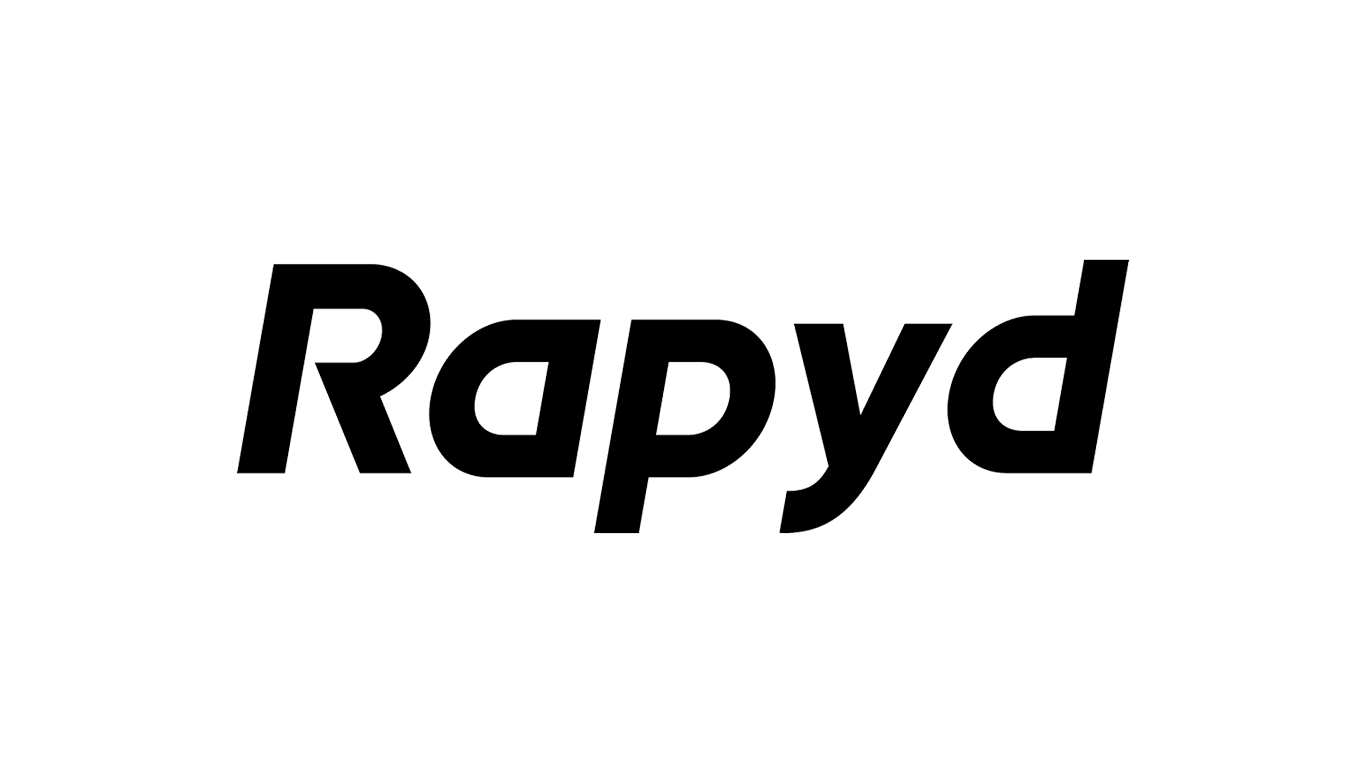
One-third of UK cross-border businesses are concerned about the possibility of further interest rate increases, according to research from global fintech company Rapyd.
In the run-up to significant interest rate decisions in both the UK and US this week, Rapyd revealed the findings of a new study of cross-border businesses across seven global markets. The study found that 33% of UK businesses and 43% of US businesses are concerned about the likelihood of increased interest rates, with 47% of UK businesses and half of US businesses concerned about the impact of inflation.
Notably, the study found that overall concern about the current state of business was higher in the UK (49% of respondents) than in G7 compatriots the US (34%), Germany (26%) and Canada (17%), with UK businesses also polling higher than the study average for market volatility concerns (41%) and import/export challenges (35%), reflecting the country’s recent domestic economic turmoil, combined with ongoing trading difficulties caused by Brexit.
Respondents also singled out improved cross-border payment terms as the factor most likely to ease their current business concerns. 41% of UK businesses called for improved payment terms to bolster the current state of business, compared to a study average of 33%, followed by faster settlements/payments (31%) and better access to working capital (29%).
Garðar Stefánsson, CEO of Rapyd Europe said:
“Businesses are doing everything in their power to reach new markets and open up new revenue streams, but they’re constantly set back by the complexity and cost of trading in other countries – losing huge sums and vast amounts of time on cross-border transactions. The bigger their operations get, the more these costs rise. It’s an unacceptable situation at a time when so many advanced economies are struggling to grow.
“Fintechs have a tremendous opportunity to help cross-border businesses with their expansion ambitions by providing faster and more cost-effective payment solutions, as well as creating innovative new approaches that simplify the way these systems operate. Ultimately, no business should have to take on the complexity of B2B payments by themselves when they’re going for growth – that’s why trusted fintech partners are critical. It’s time for fintech to step up to the plate and build bolder, better payments solutions that make cross-border trading seamless and straightforward.”
Rapyd’s State of Cross-Border Payments 2023 report is available here.
Related News

Scott Major
Chief Commercial Officer at Transact365
Cryptocurrencies are a trending topic regularly discussed yet rarely understood. see more
- 09:00 am
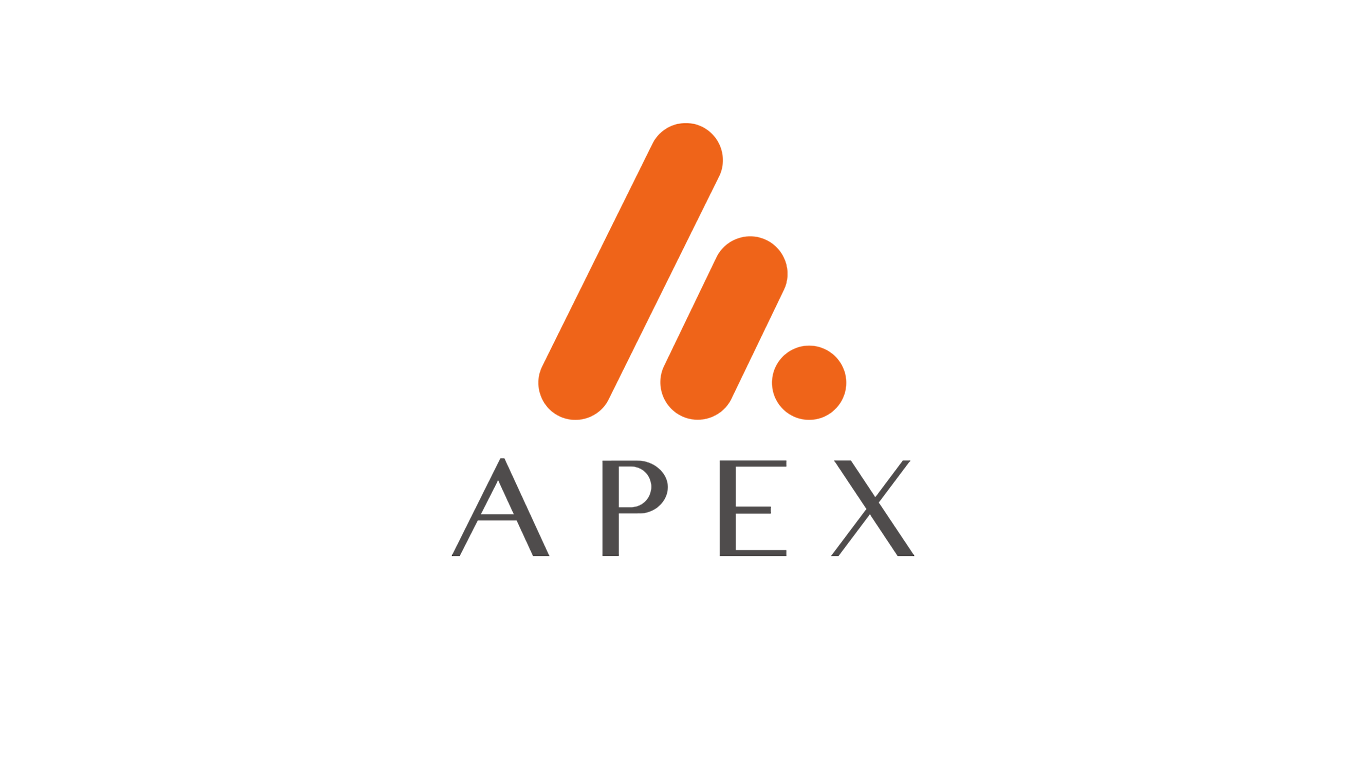
Apex Group, (“Apex Group” or “The Group”), a global financial services provider, today announces its partnership with Crypto Finance AG, a leading provider of institutional-grade investment solutions, custody, and brokerage for digital assets, and part of Deutsche Börse Group, to offer institutional-grade crypto products.
The demand for crypto-related investment products is expected to grow in line with the exponential development of this new asset class. Therefore, trusted and regulated providers across the entire product value chain are critical to the health and development of the digital asset ecosystem.
Crypto Finance Group is the trusted, and prudentially FINMA-regulated partner of financial institutions. Its market-leading, integrated platform enables access to invest in, manage, trade, and store digital assets securely. Crypto Finance will provide Apex Group with an institutional-grade infrastructure in the digital assets markets, starting with an issuance program for structured products backed by digital assets.
This partnership will provide professional and institutional investors with a secure way to issue their own crypto-related investment products. Banks, asset managers, family offices, and other professional investors can now access an institutional-grade, trusted, and regulated offering for tailored crypto-related investment products such as exchange-traded products (ETPs) and actively managed certificates (AMCs). The first products of this cooperation will be launched in early Q2 of this year.
Apex Group will leverage Crypto Finance’s digital assets infrastructure, adding to Apex Group’s existing administration, trustee, NAV reporting, and other administrative services for the issuance of structured products. As Apex Group will operate a Swiss independent securitization SPV, this partnership will equally benefit Crypto Finance and offer a robust set-up with limited counterparty risk.
Bruce Jackson, Chief of Digital Asset Funds and Business at Apex Group, comments: “We chose to partner with Crypto Finance, part of Deutsche Börse Group, as they share our understanding of the importance of creating a robust institutional framework to meet the needs and regulatory obligations of institutional investors. Today’s announcement is an important next step in our global strategy of institutionalising digital markets, enabling institutional capital to access this digital asset class within the same secure and regulated framework they are familiar with from the traditional financial markets.”
Jan Brzezek, Founder and CEO of Crypto Finance Group, states: “We are excited to partner with Apex Group, as our two companies ideally complement each other to build out institutional-grade infrastructure in this new asset class. The partnership with Apex Group combines the expertise in our respective fields to offer professional investors trusted partners to help them set up their crypto-related investment products.”
Related News
- 07:00 am

Verto, a London-based FCA-authorised Electronic Money Institution (EMI), launched USD accounts that see customer funds deposited held in protected accounts in accordance with Electronic Money Regulations 2011 (EMRs), which imposes safeguarding requirements to protect customer funds received for the provision of a payment service or e-money.
Following the collapse of Silicon Valley Bank (SVB), start-ups and tech enterprises across the globe have been looking for bank accounts that can ensure assets remain protected in the event of a financial shock. Several Y-Combinator-backed fintechs have stepped up their support in the US, including Brex and Mercury, by increasing their provision to protect deposited funds up to $2.25M and $3M respectively.
However, Y-Combinator-backed Verto has also taken an unprecedented step to support start-ups and enterprises in the African ecosystem by offering safeguarded USD accounts with 100% protection. These funds are ring-fenced and forbidden from being lent out, contrasting with the conventional traditional banking practice of investing deposited funds.
This enhancement offers levels of protection not seen before for African start-ups, enterprises and VCs that hold international currencies and ensures that their finances are always safe, secure and accessible, despite a volatile financial environment.
“The collapse of Silicon Valley Bank (SVB) is unprecedented, and we’ve been overwhelmed by businesses and VCs reaching out for support. In times like these, we believe an unprecedented response was necessary, which is why we launched USD accounts,” said Verto Co-Founder and CTO Anthony Oduu.
“Making 100% safeguarded USD accounts available for African start-ups and enterprises was not easy, but our team worked tirelessly over the past week to make it happen. We would also like to thank our global tier-1 partner banks for responding to our calls to support the African ecosystem,” continued Anthony.
Verto services half of Africa’s tech unicorns, as well as global giants including Maersk, MTN and Interswitch, making the new solution another crucial step in ensuring African businesses are given the world-class protection and tools necessary to succeed.
Verto Co-Founder and CEO Ola Oyetayo said: “As CEOs, it is our responsibility to ensure that our companies are well-positioned to navigate any potential financial crisis that may arise. In times of increased volatility, speculation, and uncertainty, prioritising safeguarding and protective measures for our business is more important than ever.”
Related News
- 08:00 am
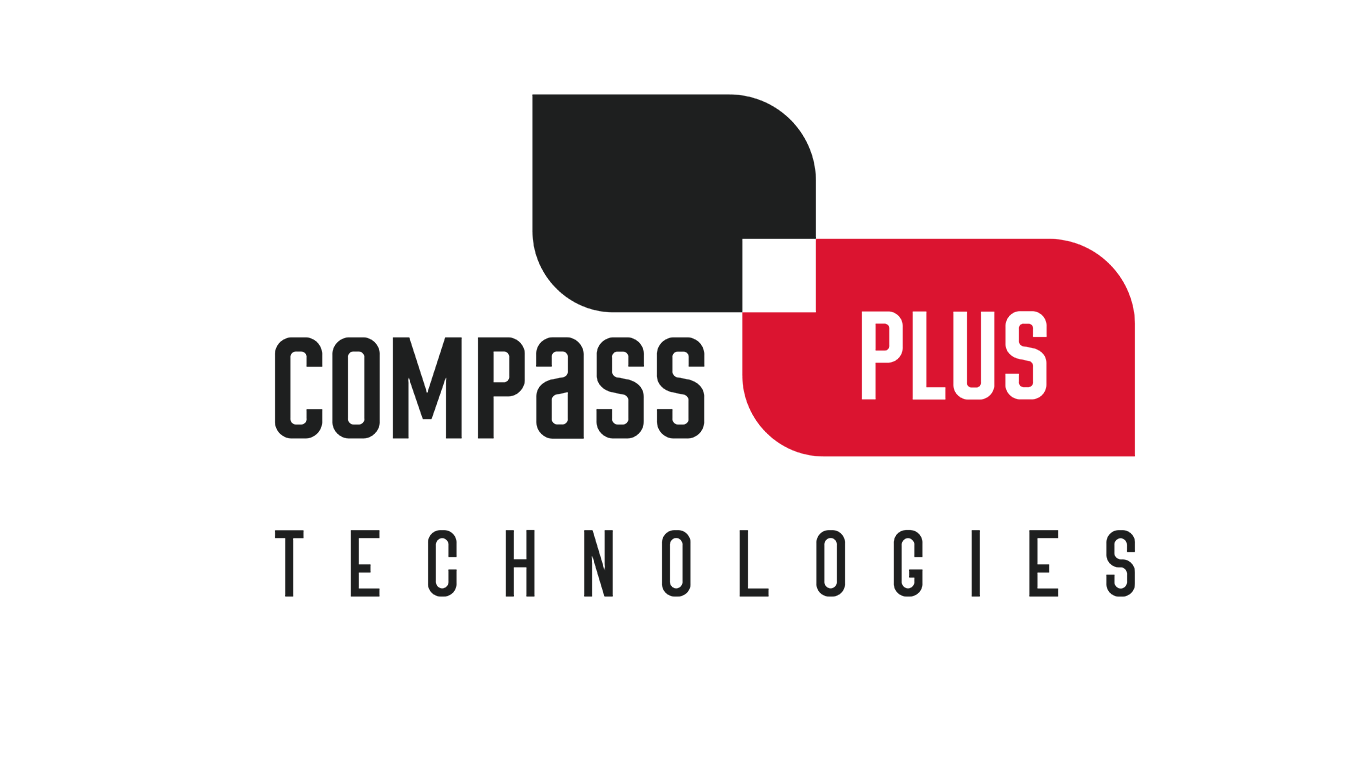
AccesBanque Madagascar, part of AccesHolding Group and one of the largest commercial banks in the country, has successfully migrated its ATM acquiring and card management businesses to Compass Plus Technologies’ processing centre. The move enables the bank to further expand its business offering and launch new products and services at pace.
AccesBanque’s mission is to provide a range of diversified financial services in Madagascar that drive financial inclusion amongst MSMEs (micro-entrepreneurs, small and medium entrepreneurs), and their families and employees. To help it achieve its ambitions, AccesBanque developed a plan to scale up its business by migrating its card management and ATM acquiring businesses to a more reliable and technically advanced processor that could support the bank’s growth and meet its requirements both now and in the future.
Compass Plus Technologies processing centre emerged as the ideal solution due to the scalability and flexibility it offered the bank while enabling it to reduce its time-to-market when launching new services and products. The project included the migration of all of AccesBanque’s ATM acquiring services and Mastercard and UnionPay debit card issuing services, which was completed in under a year. Moving forward, AccesBanque is planning to further expand its business offering by launching a new credit card business, implementing POS acquiring services, and becoming certified with Visa with support from Compass Plus Technologies.
Alexey Osipov, EVP, MEA Managing Director at Compass Plus Technologies, said: “We’re delighted to be working with AccesBanque, one of the leading banks in Madagascar that’s transforming the payments market in the country. Now that AccesBanque is utilising our state-of-the-art processing facility, it will be able to bring new products and services to market quicker than ever and will improve the banking experiences of local consumers. We look forward to strengthening our partnership and driving positive change in the Madagascan payments market.”
Mikhail Velichko, CEO at AccesBanque Madagascar, said: “The migration of our ATM acquiring and card management services to a market-leading processor is a key step towards delivering the highest quality services and experiences to our customers. The move has allowed us to further expand our business, as seen with the introduction of UnionPay cards and the launch of our credit card business. Throughout the project, we’ve found the Compass Plus Technologies team to be professional, reliable and extremely knowledgeable and we look forward to working together on future projects.”
Asad Burney, General Manager at UnionPay International (Africa Branch), said: “It was great to be involved in a project that will positively impact the lives of Madagascan consumers. UnionPay is only on the start of its journey in Africa and we believe we have so much to offer in the market. Organisations such as AccesBanque and Compass Plus Technologies will help us expand our presence in the region and we look forward to working with them to deliver more innovative projects.”









